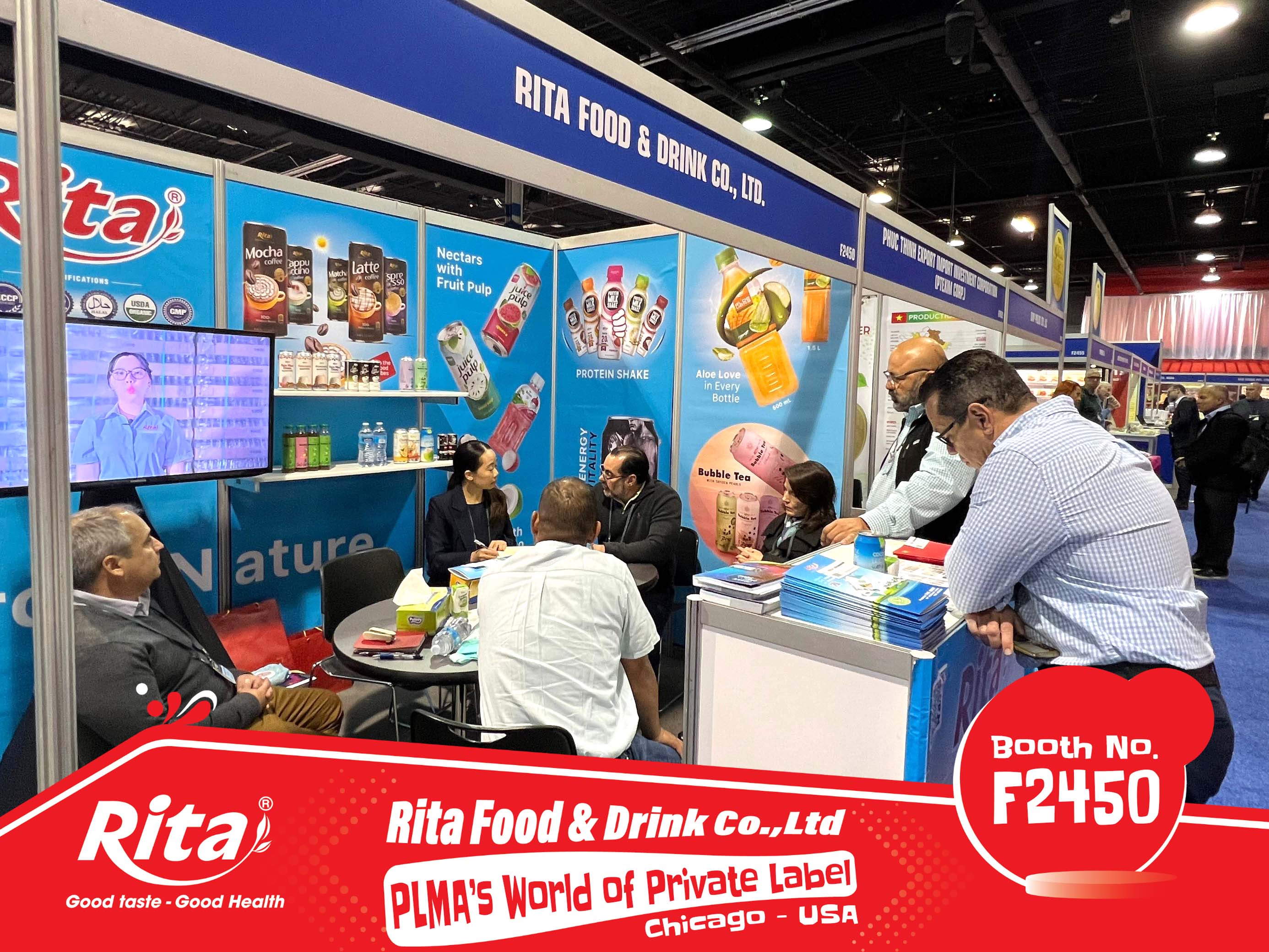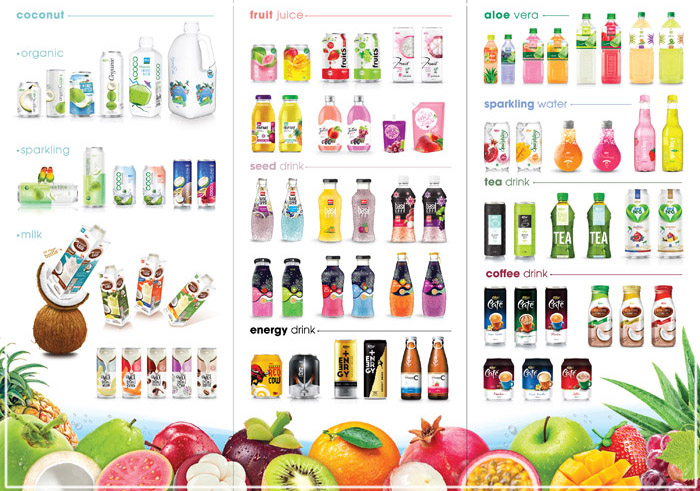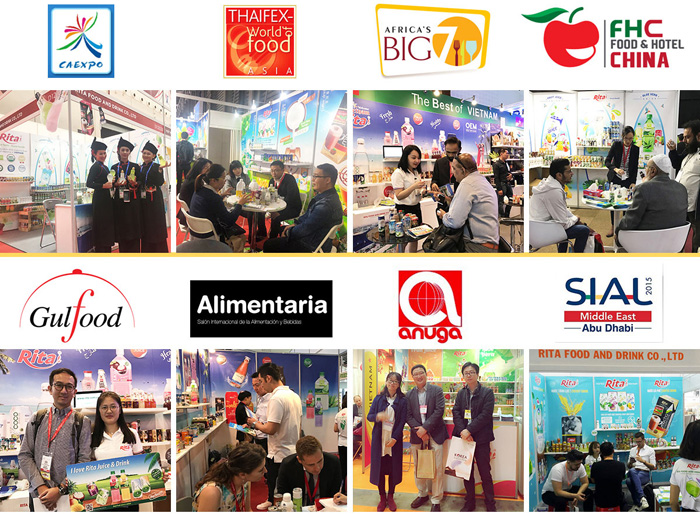Established in 1979, the Private Label Manufacturers Association (PLMA) is a unique non-profit organization that champions store brands. PLMA proudly represents over 4,000 member companies spanning more than 75 countries. Beyond its hallmark annual trade shows in Chicago and Amsterdam, PLMA extends a comprehensive suite of benefits to its members, including conferences, executive education, professional development opportunities, market research, category and channel sales data, consumer surveys, and a range of insightful publications.
PLMA Chicago 2023: Uncovering the Excellence of Private Label Products
For over four decades, the Annual Private Label Trade Show hosted by PLMA in Chicago has been a pivotal gathering, uniting retailers with manufacturers. This platform has consistently served as a catalyst, aiding participants in exploring new products, fostering new connections, and uncovering innovative ideas to bolster the success and expansion of their private label programs.
Following the triumph experienced at the PLMA fair in Amsterdam, the Netherlands, Rita Company is committed to sustaining its momentum by actively participating in the upcoming PLMA event in Chicago, USA, scheduled for November 13 and 14.
The PLMA event is an exceptional opportunity for Rita Company to connect with potential customers. During the fair, direct interactions will enable customers to experience and appreciate Rita Company's diverse product range, spanning fruit juices, coconut water, energy drinks, carbonated water, tea, coffee, and more. These products are thoughtfully packaged in various formats and volumes, catering to multiple preferences.
Throughout the two-day event, Rita's booth garnered substantial attention from a diverse and extensive audience. These products have earned appreciation for their exceptional ability to preserve the inherent natural flavors, offering consumers a distinctive and thoroughly enjoyable culinary experience that sets them apart in the market. The positive response from partners underscores Rita's commitment to delivering products that not only captivate the taste buds but also showcase a commitment to quality and innovation.
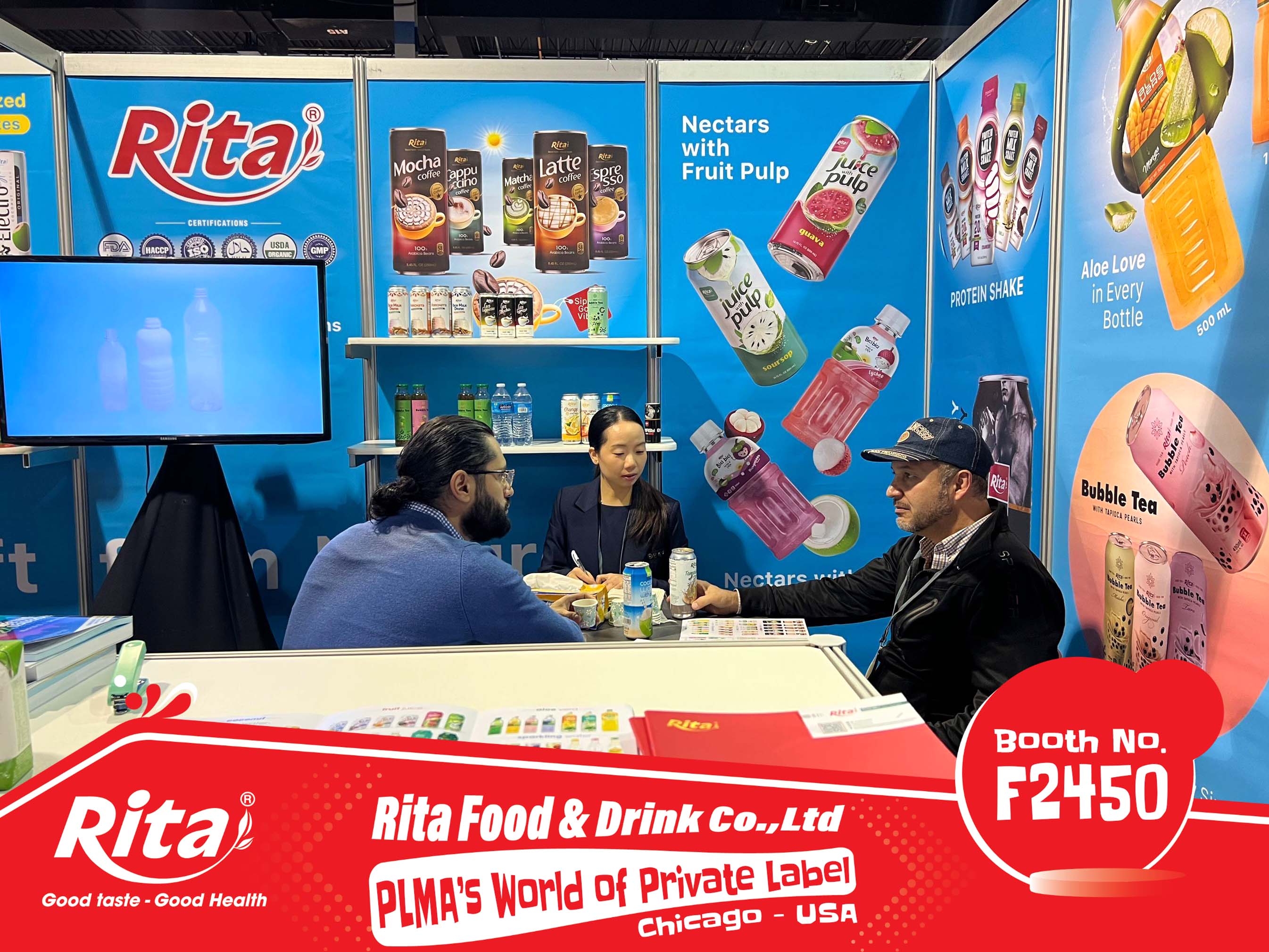
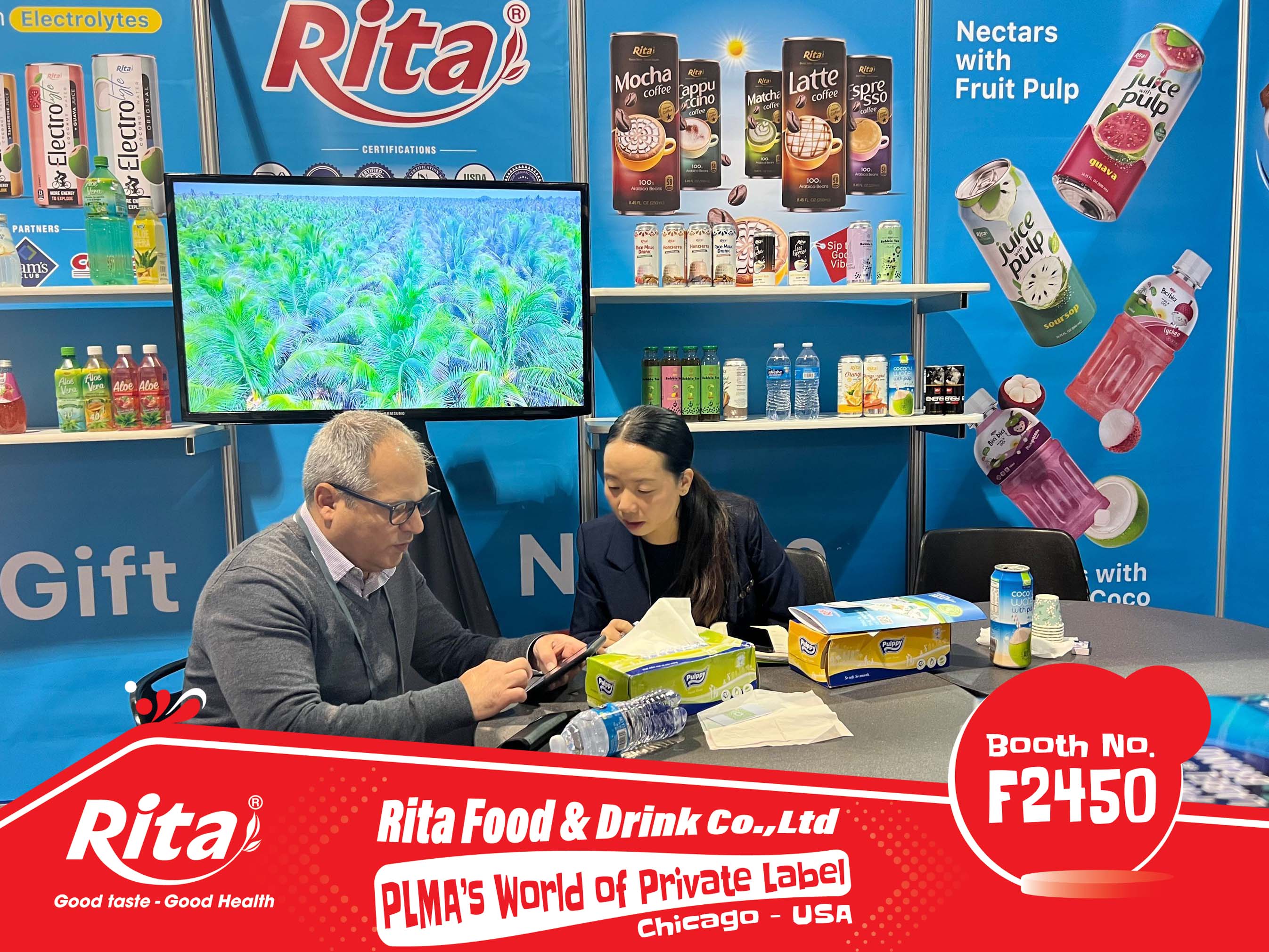
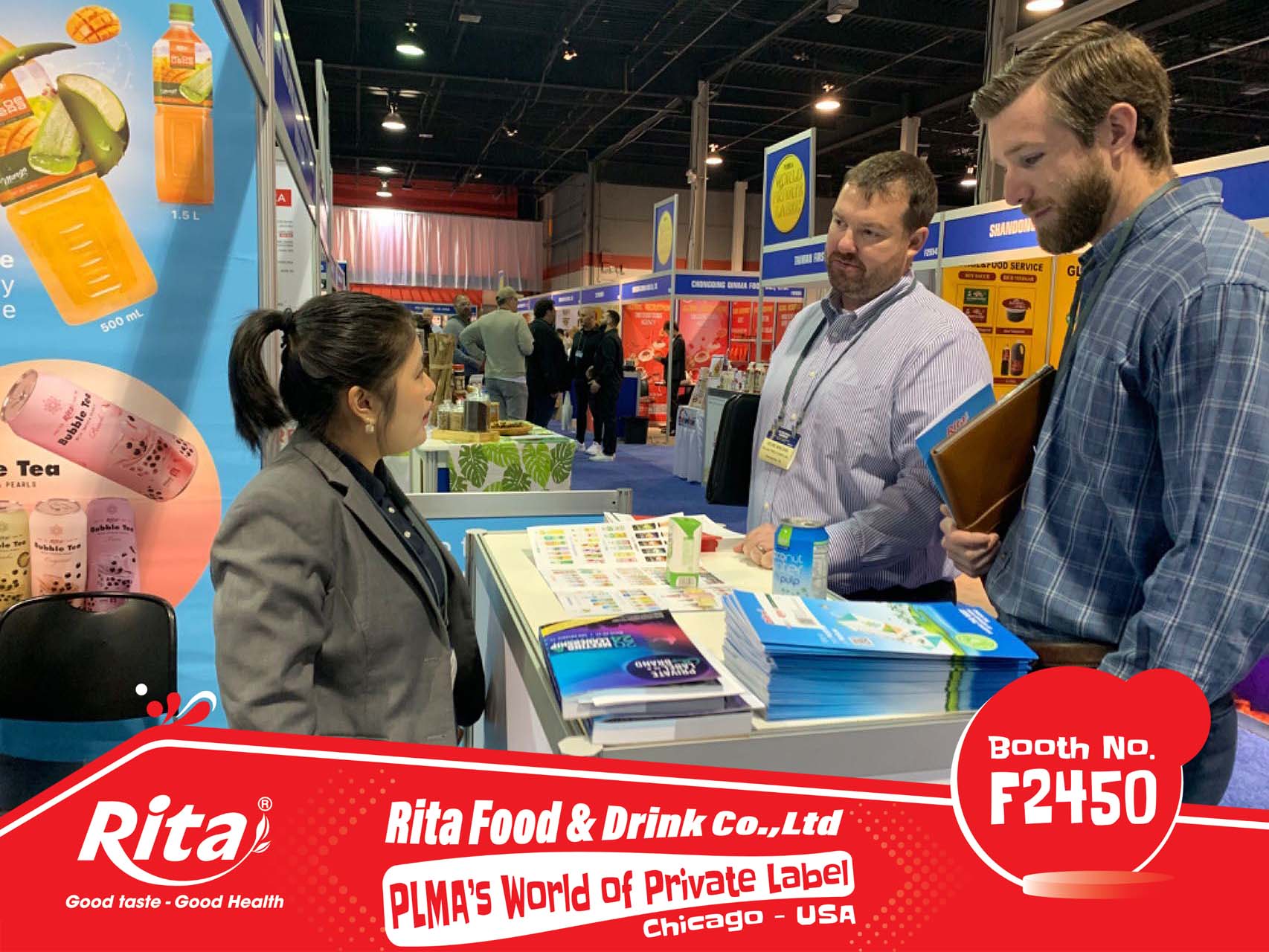
Benefits of Developing Private Labels
1. Brand Differentiation
Private labeling helps customers make their products stand out by creating a particular brand. When they work with another company, they get help with branding and design expertise, making them more noticeable in the market.
2. Cost Efficiency
Making products on your own can cost a lot. Collaborating with a private label manufacturer is usually cheaper because they use bigger-scale production and are more efficient, saving money.
3. Speed to Market
Working with a trusted private label company makes it faster to create new products. These companies have efficient processes, ready infrastructure, and know-how that can speed up getting new products to the market.
4. Expertise and Innovation
Companies that make private-label products know a lot about specific types of products. Customers can use this knowledge to stay updated on the newest trends and innovations in the industry without having to learn everything themselves.

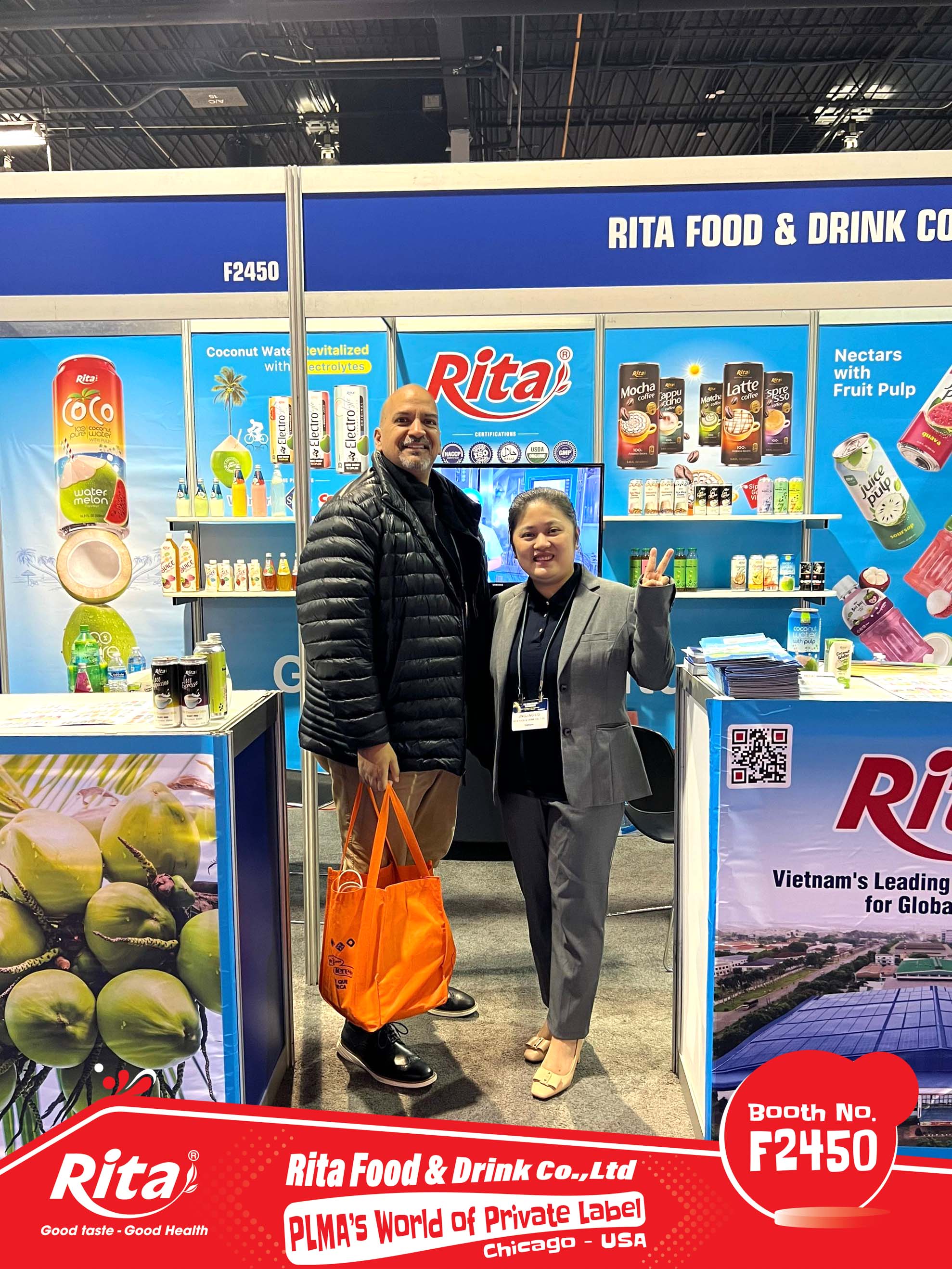
5. Risk Mitigation
Teaming up with a private label manufacturer can help reduce risks in making, controlling quality, and managing the supply chain. Well-established manufacturers usually have vigorous quality checks and can handle challenges that might be difficult for individual companies.
6. Flexibility and Scalability
Private label manufacturers offer flexibility in production volumes, enabling customers to scale production up or down based on market demand. This scalability is especially valuable for companies entering new markets or testing new products.
7. Cost Control
Private label deals usually have straightforward costs, giving customers more control over their budgets. This clear information helps with planning and managing finances.
8. Consumer Trends
Companies that make private-label products are often aware of changing trends among consumers. When customers team up with these companies, they can use their knowledge to understand the market better and make sure their products match what consumers like.
